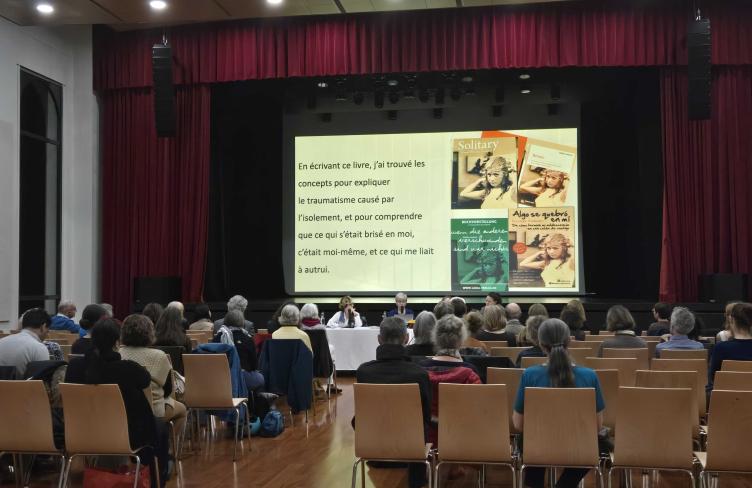
Nelson Mandela spent 27 years in prison, including 18 years on the brutal Robben Island. As a prisoner, he fought for the dignity and humane treatment of detainees and for the prohibition of torture at all times. These principles are strongly reaffirmed in the revised United Nations Standard Minimum Rules for the Treatment of Prisoners, also known as the Nelson Mandela Rules. Today, on International Nelson Mandela Day, we want to stress their significance.
Five years have passed since the rules were revised. And now a global pandemic hits prisoners hard. The very first of the Nelson Mandela Rules, Rule 1, is of particular relevance today.
All prisoners shall be treated with the respect due to their inherent dignity and value as human beings. No prisoners shall be subjected to, and all prisoners shall be protected from, torture and (…) other ill-treatment, for which no circumstances whatsoever may be invoked as a justification. The safety and security of prisoners, staff, service providers and visitors shall be ensured at all times.”
Nelson Mandela Rules, Rule 1.
Rule 1 reaffirms the absolute prohibition of torture and other ill-treatment, and is a change from the original standard minimum rules. Adding such a reference was more than just a symbol. It serves as a reference and a strong reminder to all States that being free from torture and ill-treatment is a fundamental and basic principle to be respected in detention, at all times. This includes now, in times of COVID-19.
In this complex situation, dignity should serve as a compass, guiding the authorities in their responsibility for people deprived of liberty. This is particular relevant in the implementation of restrictive measures and protection of health. The prohibition of torture should be respected, especially as some measures being taken in detention to avoid the spread of COVID-19 may amount to torture. The increasing isolation of prisoners, for 23 hours in their cells with no human contact, may constitute solitary confinement. Prolonged solitary confinement in excess of 15 consecutive days is prohibited by the Nelson Mandela Rules, as it amounts to torture. In addition, Rule 1 not only requests States to refrain from inflicting pain and suffering but also to protect prisoners from torture and ill-treatment. This means that States have be proactive and take preventive measures, for example by reducing overcrowding in prisons. Overcrowding is a root cause of torture and ill-treatment and is the main risk factor for the propagation of the virus inside prisons. Measures taken by some States to release detainees from overcrowded prisons are positive and should be encouraged, even after the pandemic is over.
Monitoring the challenges and the responses to the spread of COVID-19 is essential. The Nelson Mandela Rules strengthen the importance and powers of external inspection bodies. National Preventive Mechanisms (NPMs) are playing an important role in monitoring how the authorities are responding to the pandemic and respecting Rule 1. We salute and encourage initiatives where detention authorities and independent oversight institutions, including NPMs, have been working together to find the most appropriate solutions to avoid the spread of the disease, while upholding human dignity.

